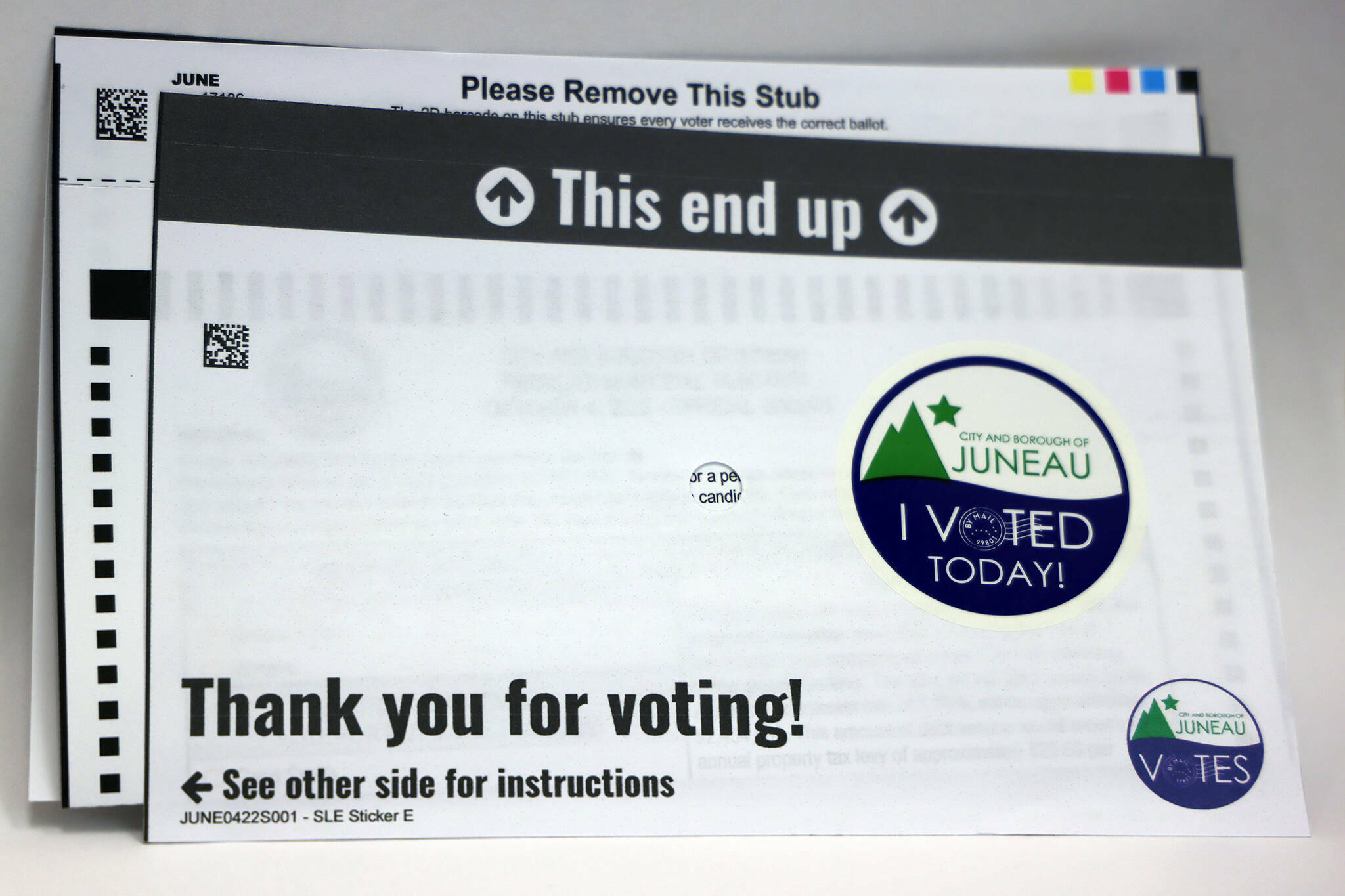I’ve been trying to avoid reentering the debate about City Hall. There’s been plenty written about it on these pages already. Much of it’s been expressed with the kind of respect for opposing views that encourages constructive debate.
But I don’t appreciate arguments that unjustly undermine trust in the institutions of our government.
An opinion published in the Empire this week attacks the integrity of the Assembly based on the writer’s disagreements with decisions that occurred long before any of the current members took office.
The most recent complaint he referred to is the change to the senior sales tax exemption. The proposal surfaced in 2015 due to the fiscal crisis following the prior year’s plunge in oil prices. Budget cuts by the state were expected to impact local governments.
The modification to the ordinance eliminated the tax exemption on nonessential items for most seniors. At the time, Jerry Nankervis had been an Assembly member for five years. A staunch opponent of tax increases, he justified supporting it based on CBJ’s long-term budget outlook.
In no way should making difficult choices like that undermine public confidence in our elected officials. Furthermore, that and the other examples the writer dredged up have no bearing whatsoever on members of the current Assembly. Or to its unanimous support for building a new City Hall.
In a My Turn last weekend, assembly member Wade Bryson not only defended that position. He took responsibility for why the community is being asked to vote on it again. I’m not going to repeat his arguments. But it’s worth noting that it’s rare for any elected official to publicly accept blame for a current controversy.
Like Nankervis, Bryson is not a proverbial tax-and-spend liberal. He’s a business owner with a business sense who has done his best to understand the complexity of an expensive proposal. Whether he’s right that it’s “the best option for Juneau” is a matter of opinion.
But questioning his integrity via irrelevant prior grievances is cheap political theater.
So is slipping in a small reference, in an otherwise rational opinion piece, that mail-in-voting systems are an invitation for fraud that contributes to the erosion of public trust.
There’s a long history that proves it’s not. Since 1998 every state election in Oregon has been held using a mail ballot system. About 60% of North Dakota counties hold elections by mail. As do 27 of 29 counties in Utah.
There are plenty of other examples. But none in which an election was marred by fraud. Like same-day, in-person voting, the amount that did occur had less than an insignificant impact on the outcome.
That said, I thought it was poor timing for the Assembly to decide all ballots in our municipal elections would be mailed to registered voters. It was too soon after the 2020 presidential race, which was the first time anyone tried to convince the public that mail-in voting paved the way for corrupt public servants and party leaders to commit widespread voter fraud.
The individual who instigated those false claims sought to undermine an already fragile trust in our government for the sake of his personal image. Tragically, a large segment of the population bought it. Reminding voters susceptible to believing that fallacy continues to hamper the restoration of public trust.
The mistrust that’s pervasive today is partly a product of the public misconception that elected officials must earn our trust. No public servant can betray it if it’s never given in the first place. It’s their choice to honor it by governing ethically or lose it by acting dishonorably. And it shouldn’t be stripped away because of disagreements in public policy.
As I wrote two months ago, the decision to hold another vote about building a new City Hall is neither right nor wrong. I’ll add that it’s not unlike asking a judge to reconsider a ruling made during a civil dispute. But not before acknowledging the other party’s right to present its opposing arguments.
The difference is, in a political debate before the court of public opinion, neither side is bound by relevant facts and the rules of civil procedure. And although straying from them may well win over some voters, it also contributes to public mistrust of our vital institutions.
• Rich Moniak is a Juneau resident and retired civil engineer with more than 25 years of experience working in the public sector. Columns, My Turns and Letters to the Editor represent the view of the author, not the view of the Juneau Empire. Have something to say? Here’s how to submit a My Turn or letter.

